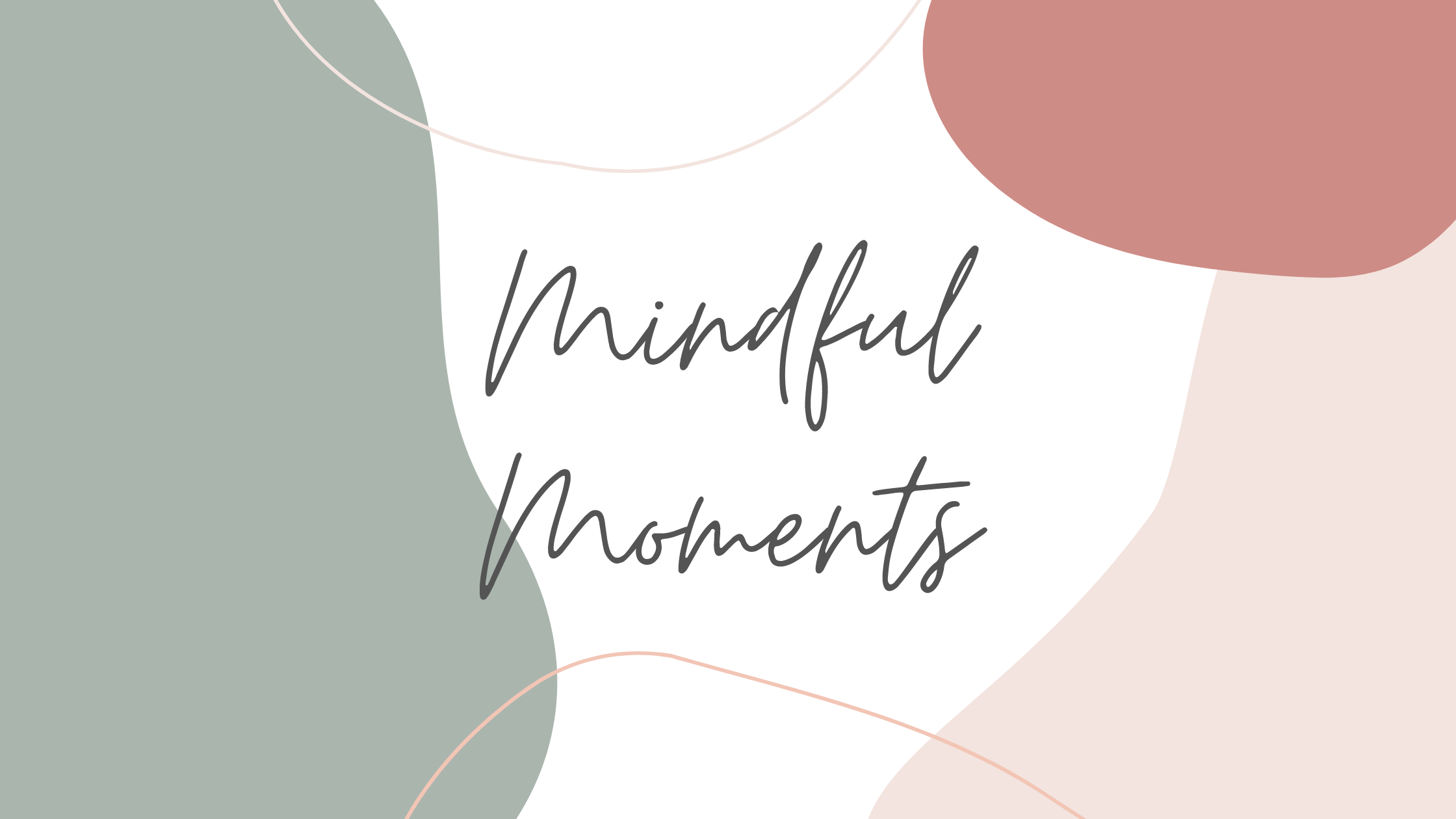Self-Care Red Flags
/Self-care is a process. Finding what works and helps you truly care for yourself is often an experiment. For some people, running is a form of self-care, while others may consider that activity as a nightmare (insert my raised hand here). Others may find a warm cup of coffee on a cold morning to be the best way to show care (I will never raise my hand here... yes, I am not a coffee drinker).
The same concept applies for noticing when your life is out of balance. Maybe it is time to pay attention to when you begin to come unraveled. Maybe it is time to uncover your red flags.
Here is how you can know you are in need of some self-care.
Answer this question:
I know my life is out of balance when ____________________.
I did an informal survey of friends and family and here are their responses:
- The small stuff makes me angry.
- My clean clothes don’t make it into the closet.
- I watch too much Netflix.
- I am unable to disengage from work when I am home.
- Missing appointments because I am overscheduled.
- Eating when I am not hungry.
- Not making health a priority – my eating habits and exercise routines fall away.
- Checking Facebook and Instagram compulsively.
- Forgetting to eat.
- I get sick more because I am so stressed.
Do you identify with any of those? If not, then what about you? What are your red flags? What are those things that happen in your when you know that you need to stop, slow down, and have that cup of coffee?
Make the list and keep it handy. Start paying attention, but be patient. Because self-care is a process.
If you are in Nashville and are ready to check in with a professional to create a plan for a more balanced life with fewer red flags, contact Jessica at Jessica@JessicaMcCoyCounseling.com to schedule a 15-minute phone consultation. If you are looking for more self-care ideas, then be sure to check out previous recommendations or check back next week for other ways to invest in a better you.




















